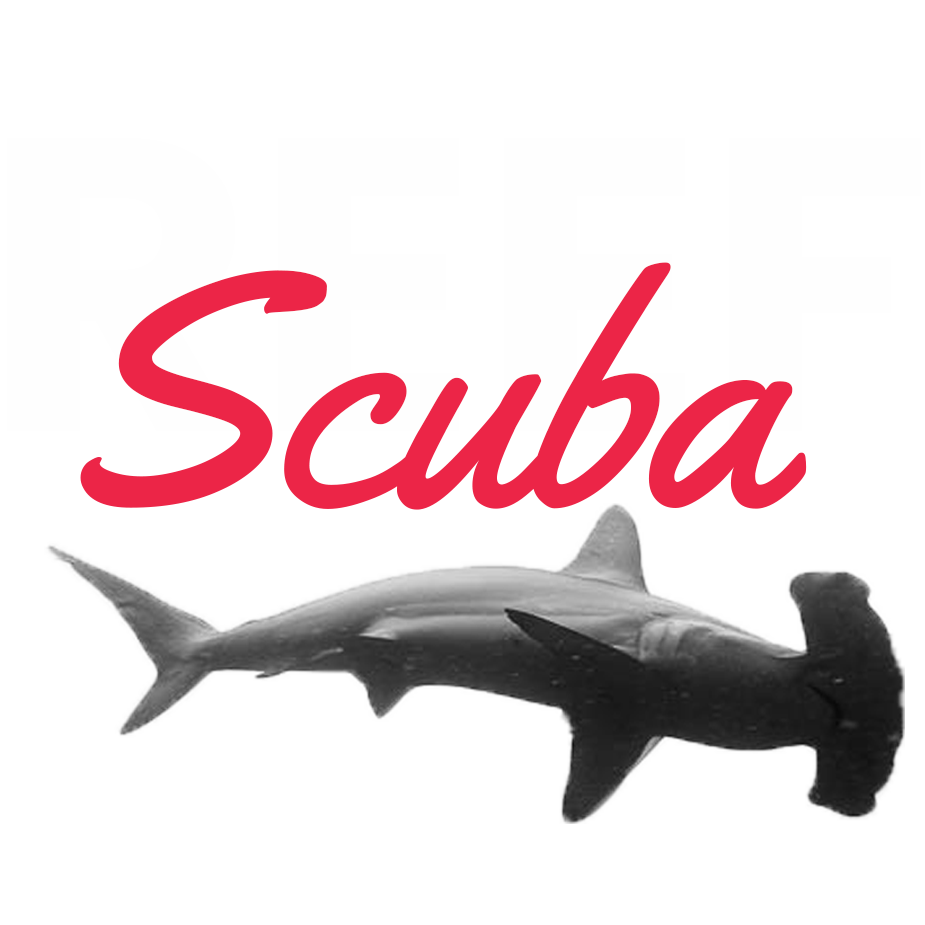Empowering Ocean Stewards: REEF Scuba's Latest Projects for Whale (Cetacean) Research
REEF Scuba is excited to announce that we are working on two new projects that will help further our mission to empower people who want to help the ocean.
The first project is a draft protocol for collecting whale blow samples for eDNA analysis using drones. This protocol is being developed in collaboration with scientists and other experts and is designed to be accessible to whale watching tour companies and other organizations with an environmental mission. The protocol covers all aspects of eDNA collection, from drone outfitting and pre-flight preparation to sample collection, handling, and analysis. Some of the main points that will be covered in the final protocol include:
Drone selection and outfitting
Equipment list and cost considerations
Pre-flight preparation, including permits and permissions
Data collection and metadata recording
Sample collection and handling procedures
Post-flight labeling and data analysis
Finding a laboratory and conducting eDNA assays
We believe that this protocol has the potential to revolutionize the way that whale watching tour companies and other organizations collect data on cetaceans. By making eDNA collection more accessible, we can empower more people to take part in research and conservation efforts. We plan to release the final draft of the protocol in the next couple of months.
The second project that we are working on is an AI photo identification project for cetaceans. This project is being conducted in collaboration with Mar Ilimitado in Portugal, which has 19 years of catalogued photo-ID data for several species of whales that migrate through southern Europe. We are working with three interns who are masters in computer and data science and have received in-kind grants from Google and Microsoft to use their AI systems to build a model that we hope will do a better job of matching than the current products that are available.
We believe that this project has the potential to significantly improve the accuracy and efficiency of photo-ID for cetaceans. By automating the matching process, we can free up researchers to focus on other tasks, such as data analysis and interpretation. We are excited to see the results of this project and believe that it will be a valuable tool for cetacean research and conservation.
These projects are just two examples of how REEF Scuba is working to achieve its mission. By making it easier for people to collect data on whales and other marine life, we can help to protect these animals and their habitats. We believe that everyone has a role to play in ocean conservation, and we are committed to providing the resources and support that people need to make a difference. Keep an eye out for more information soon, and if you would like to be involved, please reach out!

